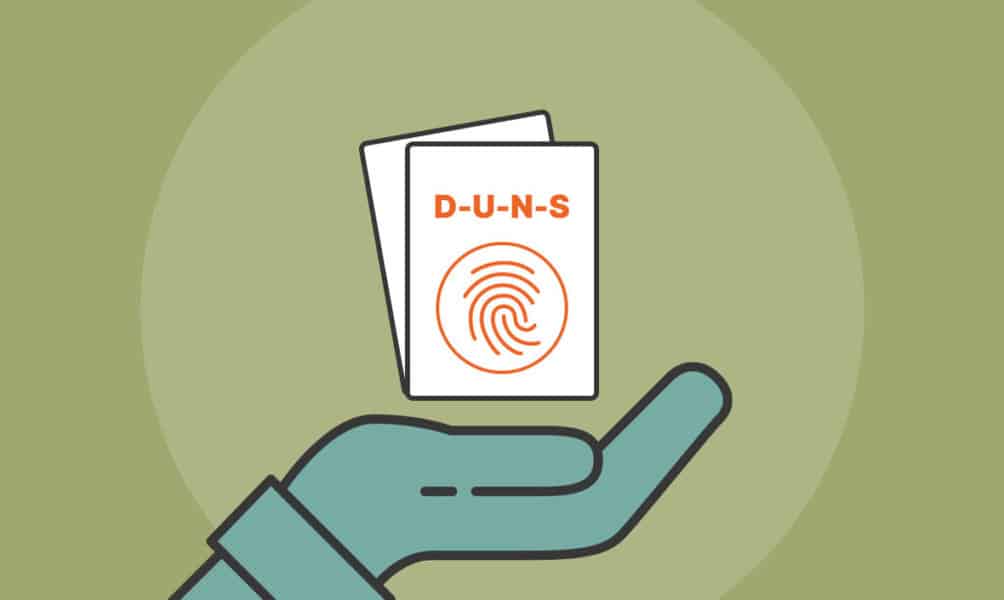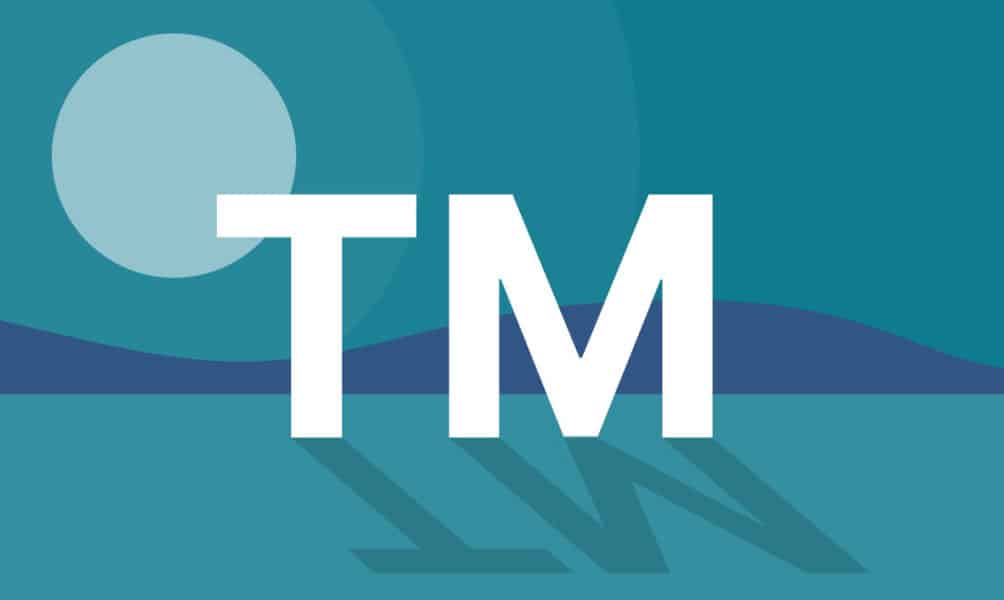In the business world, your Employer Identification Number, or EIN, is like a social security number for your company, allowing the IRS to easily identify your business. It is also known as a Federal Tax Identification Number (FTIN), or sometimes for corporations it’s called a Tax Identification Number (TIN).
How Is it Used?
An EIN is used to identify US businesses and contains information about the state the company is registered in. It also identifies the taxpayers who are required to file tax returns for the business.
It is used by employers for filing taxes and is generally required for businesses when they open a business bank account.
Who Can Get an EIN?
Any kind of business entity can apply for an EIN, including sole proprietorships, partnerships, limited liability companies (LLCs), C-Corps, S-Corps, non-profit organizations, government agencies, estates, and trusts. Even a sole proprietorship with only one employee can obtain an EIN. At the same time, if you’ve chosen to be a sole proprietorship you can simply use your social security number as your EIN and the business will be taxed at your personal tax rate.
You need to form your business entity before applying for an EIN because the EIN application will ask for the date of business formation and the legal name of the company. Acquiring an EIN is free and can be applied for easily online by any company based in the US or its territories.
Do I Have to Get an EIN for my Business?
The IRS has established simple rules for which businesses require an EIN. If you answer yes to any of the following questions, you need to obtain one:
- Do you have employees?
- Do you operate your business as a corporation or a partnership?
- Do you file any of these tax returns: Employment, Excise, or Alcohol, Tobacco and Firearms?
- Do you withhold taxes on income, other than wages, paid to a non-resident alien?
- Do you have a Keogh plan?
- Are you involved with any of the following types of organizations?
- Trusts, except certain grantor-owned trusts, IRAs, Exempt Organization Business Income Tax Returns
- Estates
- Real estate mortgage investment conduits
- Non-profit organizations
- Farmers’ cooperatives
- Plan administrators
Who Is Not Required to Have an EIN?
Companies that answer “no” to all of the above questions are not required to have an EIN. These are:
- A sole proprietorship with no employees
- A single-member LLC with no employees
Benefits of Having an EIN
There are several reasons to have an EIN, even if you are not required to have one.
- If you have no employees but may hire some at some point, an EIN allows you to do so. You will need it to set up your payroll and the IRS will use it to track your payroll taxes. You will also need it to file your state employer taxes.
- It gives your business a separate identity from you, helping you keep your personal and business finances separate.
- An EIN allows you to open a business bank account, which, again, helps separate personal and business finances and accounting. You will also have access to other business banking services, such as a business credit card or a small business loan.
- Just as your personal credit is tracked by your social security number, your business credit is tracked by your EIN. Having an EIN allows you to build a business credit history.
- You can reduce your risk of identity theft by not using your social security number for business purposes. As a sole proprietor, with an EIN you are not required to give your social security number to vendors and clients, increasing your privacy and security.
What Is Required to Apply for an EIN?
The IRS states the requirements:
All EIN applications (mail, fax, electronic) must disclose the name and Taxpayer Identification Number (SSN, ITIN, or EIN) of the true principal officer, general partner, grantor, owner or trustor. This individual or entity, which the IRS will call the ‘responsible party,’ controls, manages, or directs the applicant entity and the disposition of its funds and assets. Unless the applicant is a government entity, the responsible party must be an individual (i.e., a natural person), not an entity.
If you are a sole proprietor, clearly you are the person who should apply for the EIN. If the company is a corporation of any kind with multiple owners, or another type of entity with more than one responsible person, the person with the financial controls should be the applicant.
How to Obtain an EIN
The application is free and can be found on the IRS website. The application is form SS-4, and it can be mailed to the IRS or submitted electronically. Once your information on the application has been validated, your EIN is assigned immediately. The EIN will never expire, and is never duplicated, even if you go out of business.
If, however, you change your business structure, you will probably need to apply for a new EIN. For example, if you are a sole proprietor and you decide to form an LLC, you will need to obtain a new EIN.
If you are not a U.S. citizen and do not have a social security number, you can still apply for an EIN. If you have just come to the U.S. and are planning to start a business, or if you are expanding your business to the U.S., you should form your business entity first, then apply for your EIN.
How Long Does It Take To Get An EIN?
If you mail the SS-4, allow 4-5 weeks for processing. If you fax the form with a return fax number, it will take about 1 week to get a return fax with your assigned EIN number. If you apply online, which might take 20 minutes, you will receive your EIN immediately (via IRS.gov).




Comments